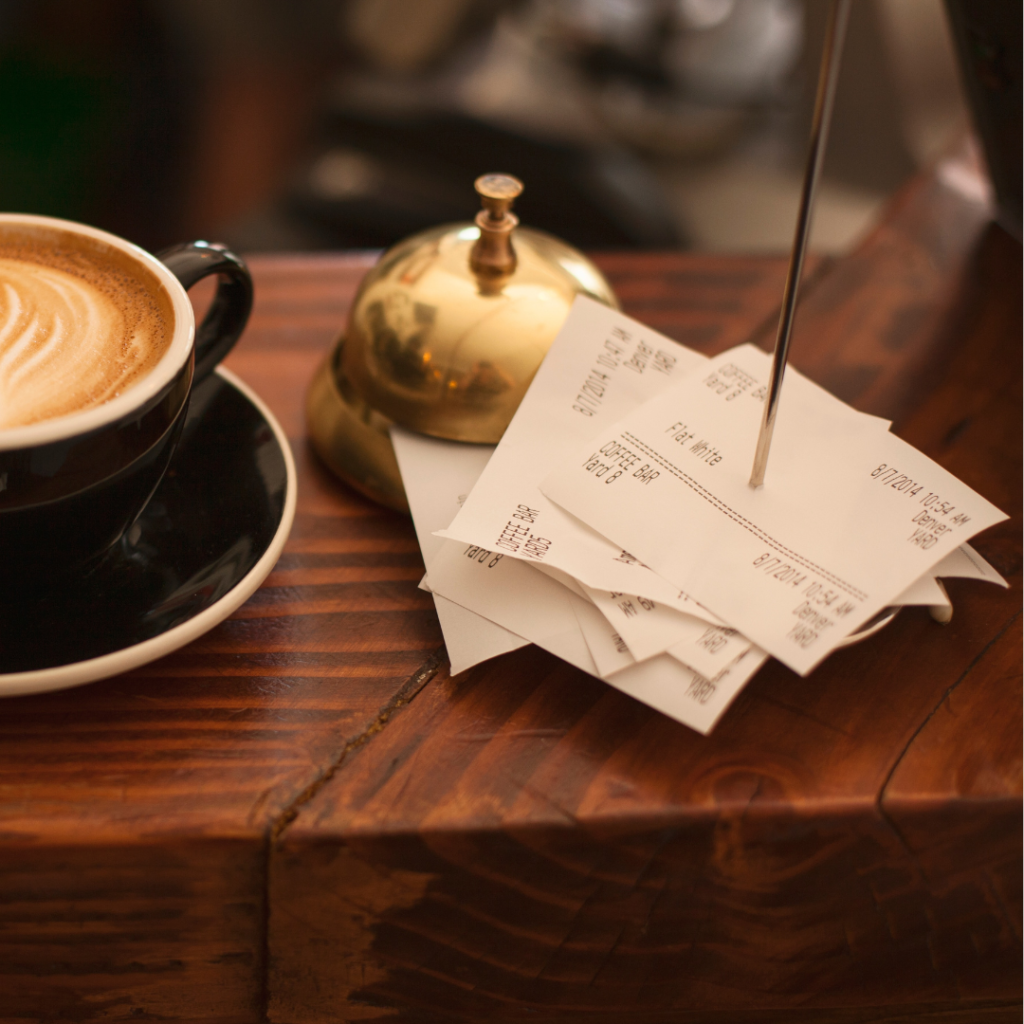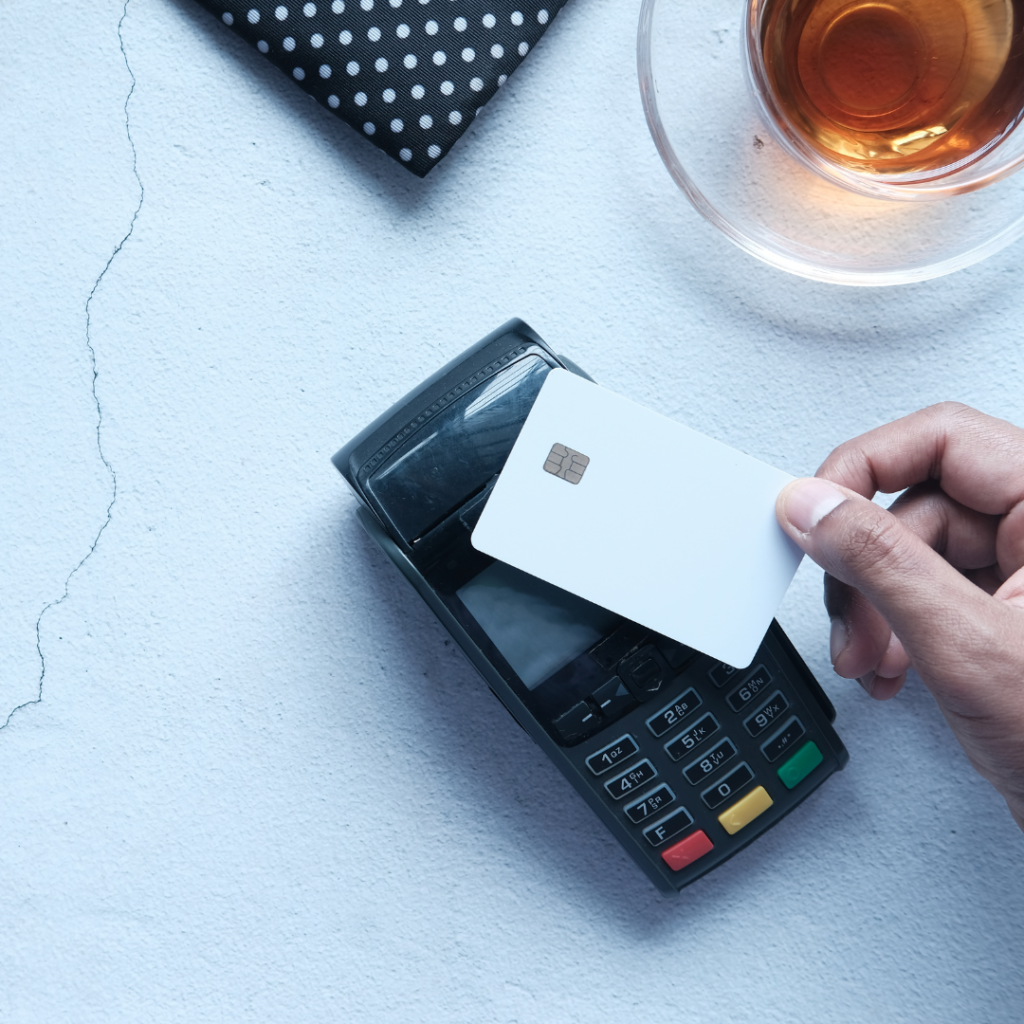Understanding Fijian Currency
Want to know about the money in Fiji before you go? Let’s start with the exchange rate which for the last ten years has been one Fijian Dollar to between $0.57 and $0.75 (AUD), or $0.61-$0.77 NZD.
Practical Tips for Visitors
5 quick money tips for you when you visit Fiji:
- Cash is King: While credit and debit cards are widely accepted, having some Fijian Dollars in cash is advisable, especially in rural areas.
- Exchange Rates: Stay informed about current exchange rates to ensure you get a fair deal when exchanging currency.
- Small Denominations: Keep smaller notes and coins for small purchases and tips.
- Respectful Payment: Hand money directly to the person rather than placing it on the counter—it’s considered more polite.
- Call your Bank before you go: There’s a small chance that your card could be blocked if your bank’s security systems detect unusual transactions in Fiji, so inform them before your travel!
Now let’s take a closer look at the money in Fiji so you know what to expect when you visit:

Currency Name
Fiji’s official currency has been the Fijian Dollar (FJD) since 1969. Prior to then, Fiji used the Australian Pound.
Currency Code
The currency code for the Fijian Dollar is FJD.
Symbol
The symbol for the Fijian Dollar is FJ$ or simply $.
Denominations
The table below lists the banknote and coin denominations in Fiji:
| Coins (Cents) | Notes (Dollars) |
|---|---|
| 5, 10, 20, 50 | 5, 10, 20, 50, 100 |
Financial Culture and Tipping
Tipping
Tipping is not a traditional practice in Fiji, but it is generally appreciated for exceptional service. It is not obligatory, and the amount is at your discretion. In many cases, service charges may be included in the bill, especially in upscale restaurants.
Rounding Prices
Since the 5 cent coin is the smallest denomination and most transactions are made with cash, prices are typically rounded to the nearest 5 or 10 cents. If a bill is $12.95, for example, it may be rounded up to $13.

Banking and Currency Exchange
Banks
Major towns and cities in Fiji have banks where you can exchange currency, withdraw cash, and handle other banking transactions. Banks are generally open from Monday to Friday. Fiji has several prominent banks that play a crucial role in its financial sector. Here are some of the main banks in Fiji:
- ANZ Fiji
- Overview: ANZ is a major banking player in Fiji, providing a wide range of financial services. It has a significant presence with multiple branches and ATMs across the country.
- Website: ANZ Fiji
- Westpac Fiji
- Overview: Westpac is another leading bank in Fiji, offering various banking and financial solutions. It operates branches and ATMs throughout the nation.
- Website: Westpac Fiji
- Bank of Baroda (Fiji)
- Overview: Bank of Baroda has a notable presence in Fiji, providing banking services to individuals and businesses. It is part of the larger Bank of Baroda international network.
- Website: Bank of Baroda Fiji
- HFC Bank
- Overview: HFC Bank is a prominent Fijian bank offering a range of financial services. It caters to both personal and business banking needs.
- Website: HFC Bank Fiji
- BSP (Bank of South Pacific) Fiji
- Overview: BSP operates in Fiji as part of the Bank of South Pacific Group, providing banking services to the local community.
- Website: BSP Fiji
Remember that if you have an ANZ or Westpac account in Australia or NZ it is in no practical way related to the Fijian ANZ or Westpac! However, these banks offer a variety of services, including personal and business banking, loans, mortgages, and online banking. When visiting Fiji, it’s advisable to check the specific services and locations of these banks based on your financial needs.

ATMs
ATMs are widely available in urban areas, providing convenient access to Fijian Dollars. International credit and debit cards are commonly accepted. If your card works with a four-digit code you should have no problems, but check ahead with your bank if your card has a six-digit PIN because some ATMs in Fiji might not accept them.
Currency Exchange
It’s a good idea to get some Fijian cash from your local bank before you travel, just remember that you’ll have to declare it on arrival if you have more than $10,000 FJD.
Currency exchange services are offered at the Nadi International Airport and in urban centres. It’s advisable to compare rates before exchanging currency. When you’re in Fiji and need to convert your money to Fijian Dollars (FJD), there are several convenient options for currency exchange:
- Banks
- Overview: Banks in Fiji, such as ANZ, Westpac, Bank of Baroda, and HFC Bank, provide currency exchange services.
- Process: Visit a local bank branch with your Australian Dollars, and they will assist you with the currency exchange.
- Pros: Banks are reliable, and the rates are usually competitive.
- Cons: Banking hours may be limited, and fees may apply.
- Currency Exchange Counters
- Overview: Currency exchange counters are available at international airports, major hotels, and some tourist areas.
- Process: Present your Australian Dollars at the exchange counter, and they will provide you with Fijian Dollars.
- Pros: Convenient locations, especially at airports and tourist hotspots.
- Cons: Rates may be slightly less favorable compared to banks.
- ATMs
- Overview: ATMs are widely available in Fiji, and many accept international cards.
- Process: Withdraw Fijian Dollars directly from ATMs using your Australian bank card.
- Pros: Convenient, available 24/7.
- Cons: Check with your bank regarding fees and exchange rates for international withdrawals.
- Hotels and Resorts
- Overview: Some hotels and resorts offer currency exchange services to their guests.
- Process: Inquire at the front desk or concierge about currency exchange options.
- Pros: Convenient if staying at a resort.
- Cons: Rates may be less competitive.
- Local Money Changers
- Overview: In some urban areas, you may find independent money changers.
- Process: Approach these businesses to exchange your money.
- Pros: Can offer competitive rates.
- Cons: Exercise caution and ensure the legitimacy of the money changer.
Before opting for any method, compare rates and fees to get the best value for your currency exchange. Additionally, inform your bank of your travel plans to avoid any issues with using your Australian bank card in Fiji.

Credit Cards and Phone Payments
Credit cards are accepted at most hotels, resorts, and larger businesses. The same is true for phone payments (Apple Pay and Google Pay) but they’re further behind the curve. However, you should never rely on cards, especially in more remote areas, it’s wise to carry cash!
Taxes
Value Added Tax (VAT)
Fiji has a Value Added Tax (VAT) of 9%, which is included in the displayed prices. There is no additional sales tax.
VAT Refund Scheme
As a visitor, you can claim a VAT refund for large ($500+) goods purchases when you leave the country. The program lets tourists aged 13 and above, leaving Fiji, get back the Value Added Tax (VAT) portion paid on items bought from specific stores in Fiji. Currently, VAT is 9% of the goods’ value. Visitors can make these claims when leaving Fiji at Nadi and Nausori (Suva) Airports, and also on cruise ships departing from Suva, Lautoka (with arrangements), and Savusavu wharves.
Departure Tax
Departure tax is often included in airline tickets. Double-check with your airline to confirm whether it is already covered.
By understanding Fiji’s currency and financial customs, visitors can navigate transactions with ease and make the most of their time exploring this beautiful island nation.





